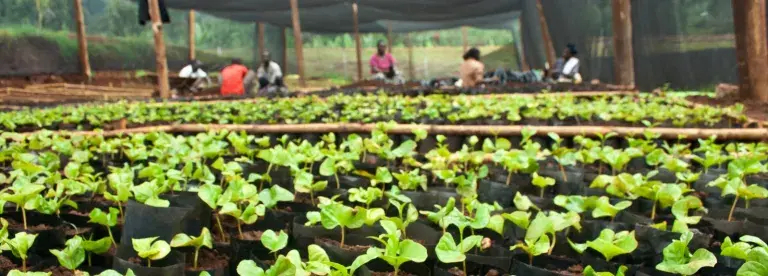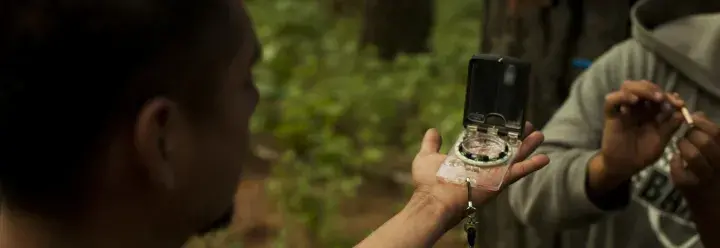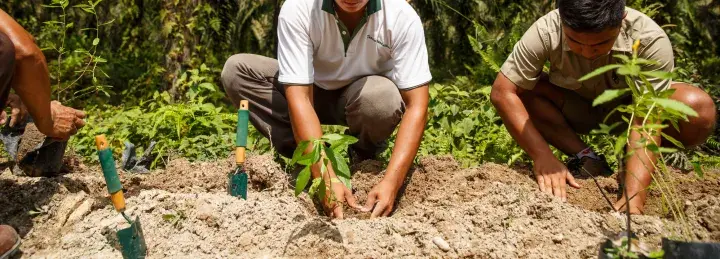Context
Funded by the Ford Foundation, the Demonstrating and Improving Poverty Impacts Project (DIPI) seeks to understand the contribution that certification systems can make to poverty alleviation and pro-poor development. ISEAL and seven of its forestry and agriculture members are working together to advance the capacity of ISEAL members to run effective monitoring and evaluation systems, to enable ongoing learning and improvement of their systems. The project is leading the sector as an example of collaboration within the certification movement. Participants include Better Cotton Initiative, Forest Stewardship Council, Fairtrade International, 4C Association, Rainforest Alliance, the Union for Ethical Bio Trade, UTZ CERTIFIED and Global Coffee Platform.
Aims
The project hopes to provide certification leaders with a deeper understanding of the ways in which their programs contribute to sustainable rural livelihoods and pro-poor development practices. We hope that this project will demonstrate the ways in which sustainability standards are currently impacting these communities, and provide a structure to expand on these impacts moving forward. Our approach is based on two key tenets;
- That having strong monitoring and evaluation systems will empower ISEAL members to track their contribution to pro-poor development and learn how to improve
- That ISEAL members can learn more efficiently about impacts by coordinating and harmonising their approaches to monitoring and evaluation.
This collaboration has created an agreement around a set of common indicators to track poverty impacts, a common research agenda, and the development of strong common monitoring and evaluation systems.
What difference will this make to address the issue?
By working collaboratively to identify current successes and opportunities for growth in the future, this project will provide the opportunity to develop consistent practices across the standards sector. Attitudes towards sustainability change at a rapid pace, and establishing a network for collaboration and consistency in demonstrating and improving impacts, will give the community more resilience to change, and the opportunity to enact ongoing amendments.
What have we done so far?
In Phase I of the project (2013-2014), members developed a conceptual framework that captured their common elements. This framework (and subsequent research agenda) form a solid platform of shared understanding that guides the project team's work.
The second phase of the project (2014-15) focused on measuring the contribution of certification to pro-poor development and testing impact evaluation methodologies. Three impact evaluation studies were commissioned by ISEAL in Kenya, India and Indonesia to examine the early impact of pre-certification technical assistance, and certification itself. These studies constitute the baseline for impact evaluation.
Lessons from the baseline reports have been consolidated and communicated to the wider ISEAL membership and community of practice. ISEAL has produced a report on the lessons learnt around research design from the evaluations, and a separate report on key insights from the studies.
In Phase III of the project, three follow up evaluation studies are being conducted with the same cohort who were studied in Phase II, to measure any change over time.
Contact
For more information contact Vidya Rangan: vidya@isealalliance.org



